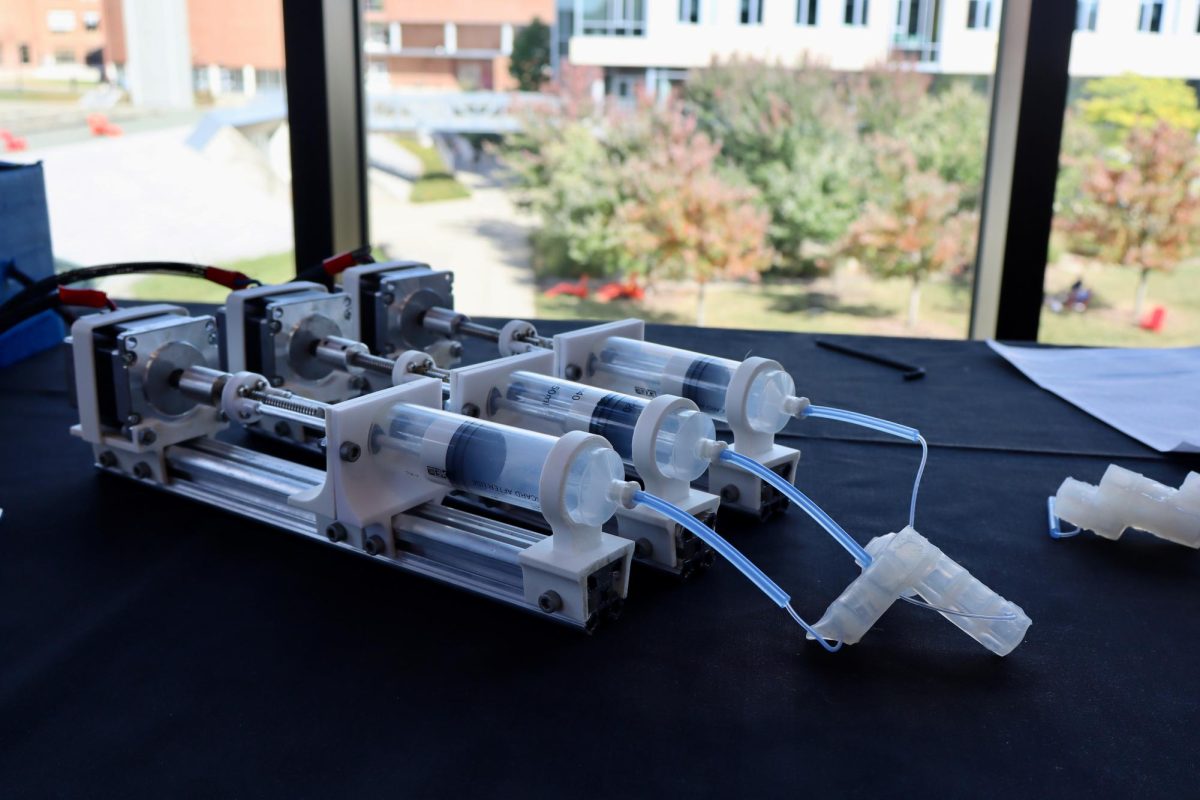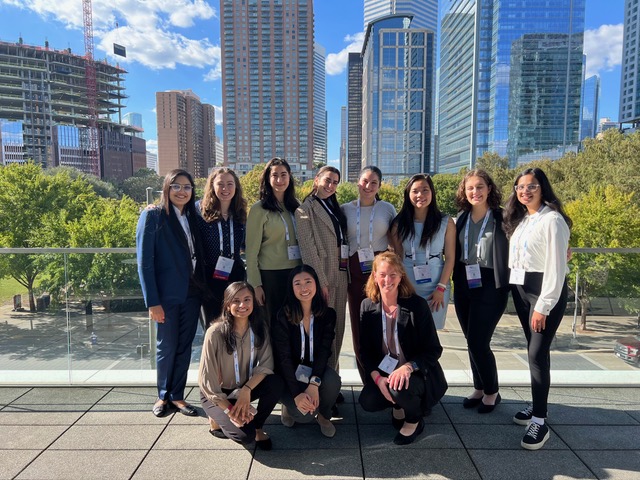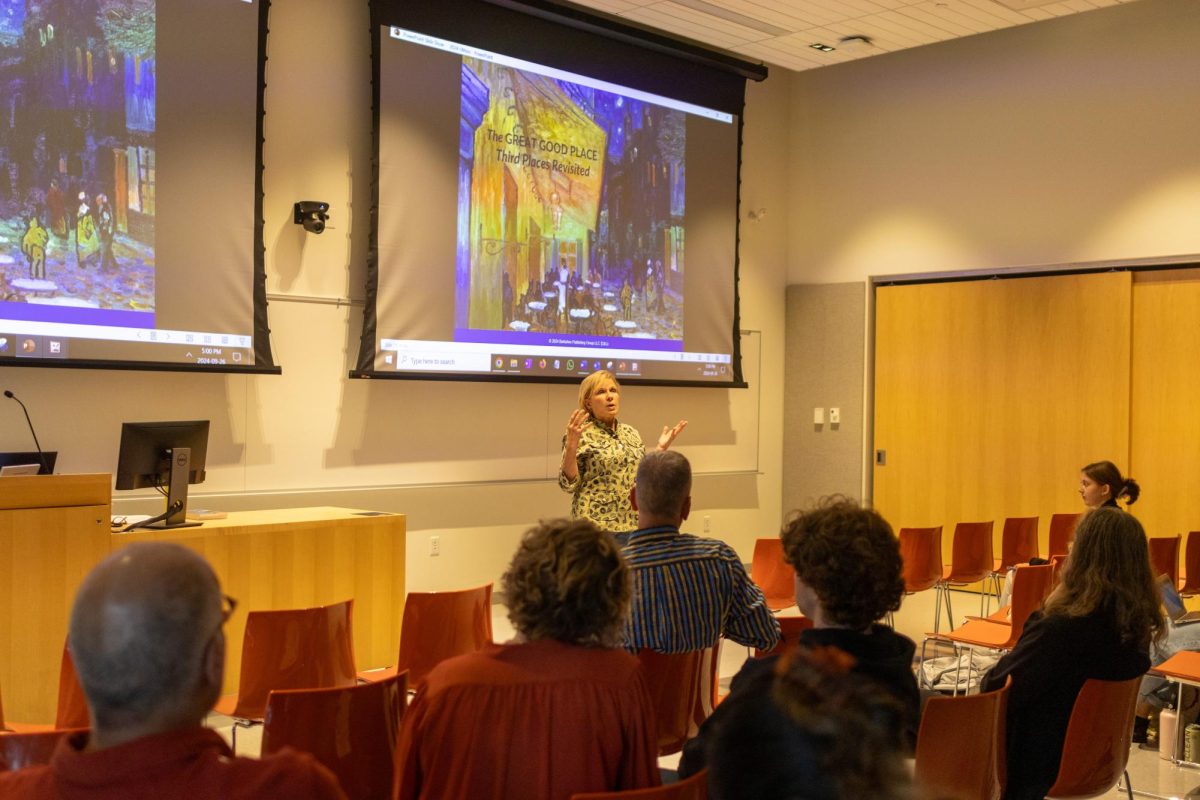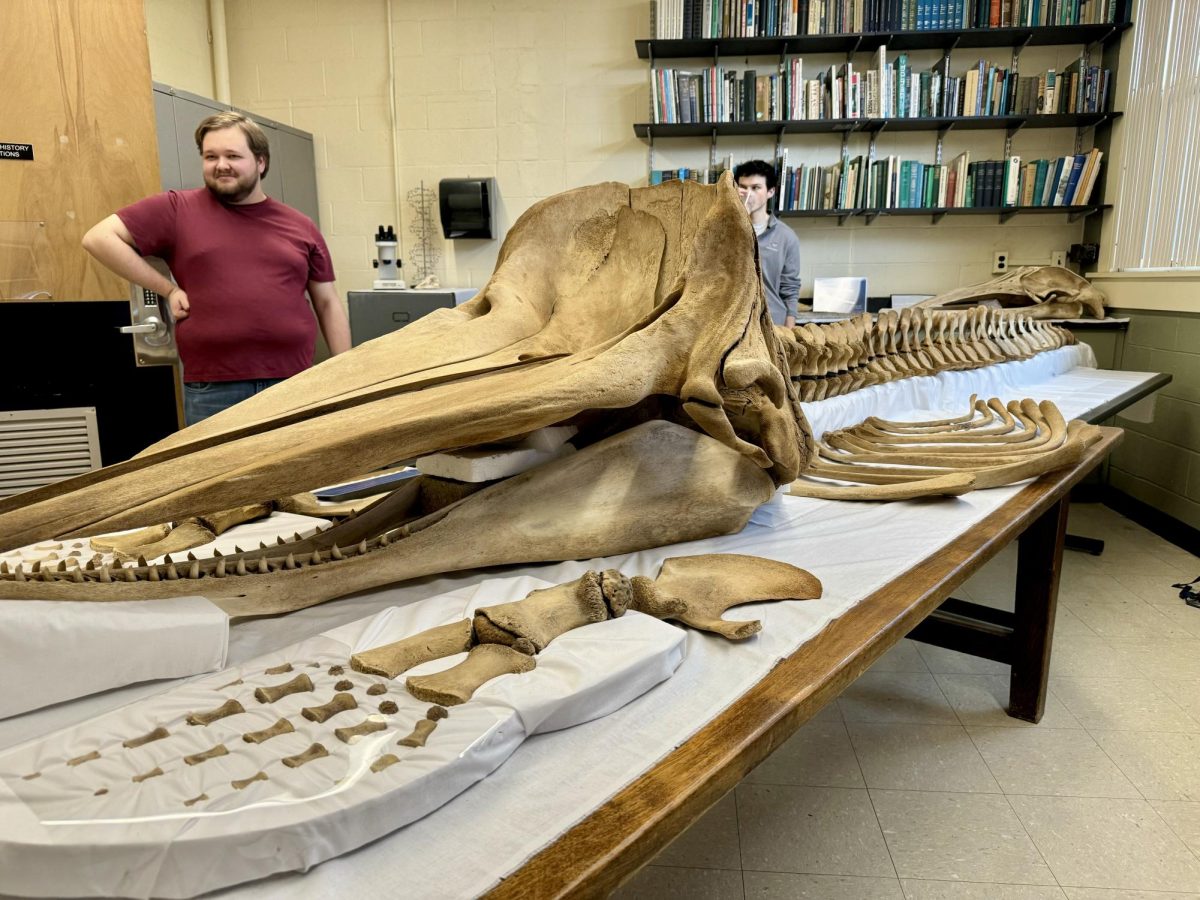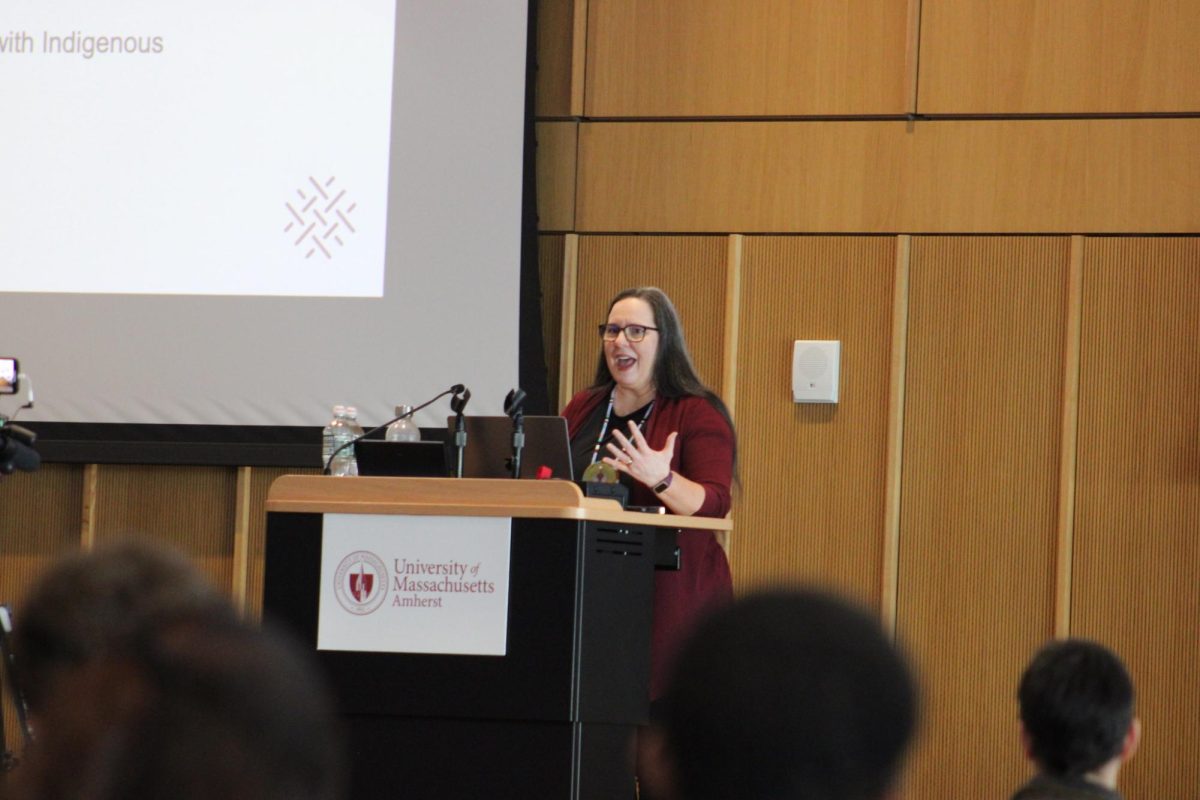The University of Massachusetts will receive $2.5 million from the Massachusetts Department of Energy Resources (DOER) to create a new endowed chair at the University’s College of Engineering. The funding will be matched by the University’s provost to allow for graduate students and provide funding for research activities.
“We chose the University because it’s the flagship campus of the University system, and we wanted to keep it in the Commonwealth,” said Dwayne Breger, the director of the DOER’s renewable energy division.
“Plus the University has a history with renewable energy,” Breger continued, referring to William Heronemus, who was a professor at the University for nearly three decades and, “literally wrote the text book on wind power.” Heronemus built the first wind furnace ever, WF-1, which currently resides at the Smithsonian Institute.
The person selected to fill the position will serve a five-year, non-renewable term in the mechanical and industrial engineering department in the College of Engineering. The chair’s position and work will be distinct from the existing civil and environmental engineering department.
“We’re working very closely with Dean Anderson of the College of Engineering to put the word out about this position,” Breger said.
Currently, Breger said, a selection committee is being formed, and the position is being advertised nationally since “right now is the best time to advertise for positions like these.”
Breger added that the selection committee is hoping to draw in scientists from across the world, rather than from within the University, in order to being more attention and prestige to the University.
DOER is hoping that the new position will be used to help the state to achieve greater compliance with Renewable Portfolio Standards. RPS is a Massachusetts state regulation which requires that electricity providers obtain a certain amount of their electricity from renewable sources.
Companies that can’t comply with the RPS pay what are called Alternative Compliance Payments (ACP) to DOER. Most of the funding for the chair position will come from these ACPs.
Massachusetts is already a leader in renewable energy with 11.1 percent growth in the clean energy sector forecasted for 2014.
“Right now, Massachusetts has been ranked as the number one energy efficient economy in the U.S. for three years in a row,” Breger said. “We’re hoping this will help us stay on top.”
Benjamin Zifkin can be reached at [email protected].
Correction: A previous version of this story included editing mistakes. They have since been corrected.







